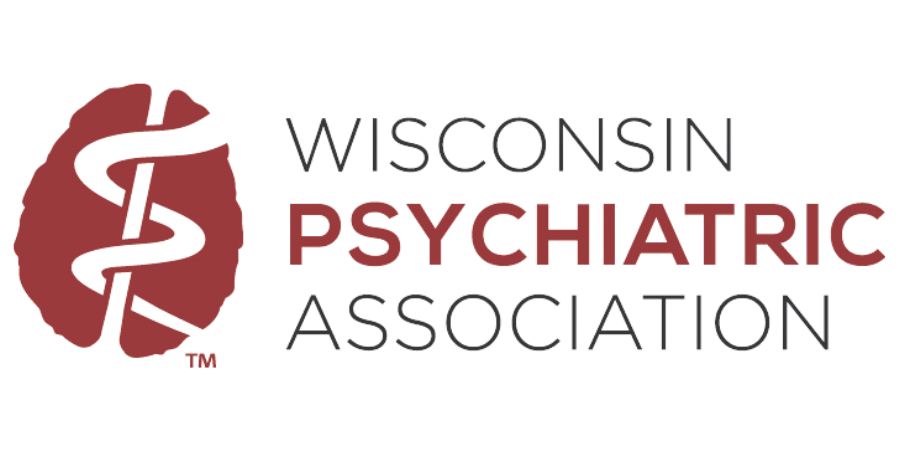Wisconsin Psychiatric Association
WPA@badgerbay.co | 563 Carter Court, Suite B | Kimberly, WI 54136
Powered by Wild Apricot Membership Software
Wisconsin Psychiatric Association
WPA@badgerbay.co | 563 Carter Court, Suite B | Kimberly, WI 54136
